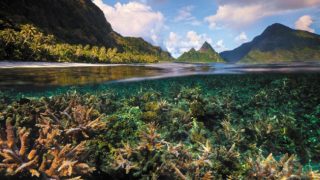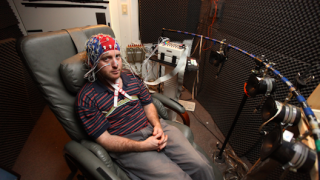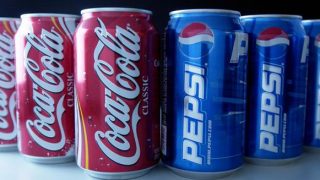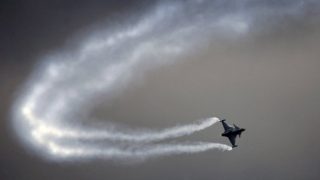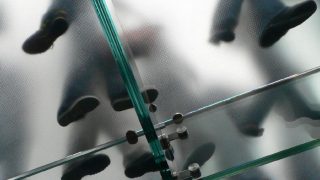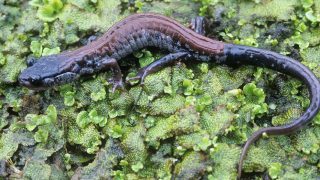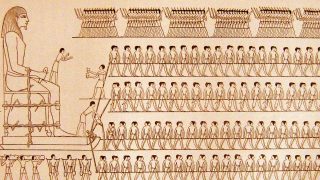
MI weekly selection #73
Humanities & Social Sciences • Science • Technology • Weekly Selection
Wet sand may have helped ancient Egyptians move massive stones Ancient Egyptians dampened the sand to move the 2.5-ton stones used to build the pyramids to prevent berming and halve the amount of force needed to drag the sled, researchers say. The wet sand reduced the friction, making the sledge easier to move. Scientists at […]
